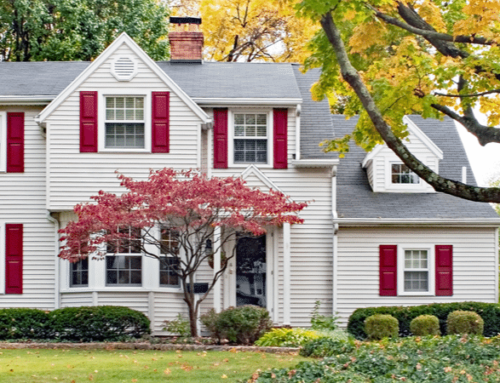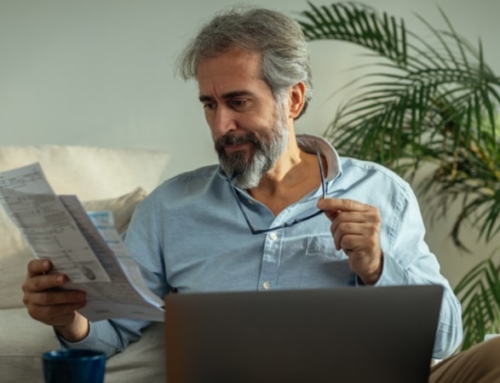Q: I want to sell a home that I own and then buy a replacement home using a 1031 exchange.
After I buy it, I want to rent it for two years and then move into it. If I move into it, will it kill the benefits I got from using a 1031 exchange?
A: With an estimated 15 million Americans owning investment property, more people are using 1031 tax-free exchanges in order to defer capital gains.
A 1031 exchange is a provision in the Internal Revenue Code that permits an owner of investment property to sell the property and buy a new property without having to pay any taxes on the sale of the old property. To use a 1031 exchange, an investor must comply with strict rules relating to the use of the proceeds from the sale of the old property and strict timing requirements relating to the purchase of a new investment property.
Basically, once the old property is sold, the investor has 45 days to pick a new property and comply with certain written notice provisions. The investor then has 180 days in which to close on the purchase of the new property.
If the investor complies with these provisions, the investor does not have to pay any federal income taxes on the sale of the old property, no matter how much money was made on the old property.
However, the investor must buy a like kind property upon the sale of the old property. If the old property was an investment in real estate i.e an apartment building, the investor must buy a new investment in real estate of equal or greater value.
The investor can buy multiple homes, a farm or other real estate. But the real estate can’t be the investor’s home. The rules specifically prohibit the sale of investment property for the purchase of a home to be used as the investor’s home.
The one exception to this rule is that the investor can move into the home and use it as his primary residence if, after he has purchased it, he has rented it out for at least two years. Thus, he would have sold an investment property and replaced it with an investment property.
Recently, the IRS clarified some information in the area of converting investment properties into primary residence.
After an investor has rented the home for two years, he can move into the property and live in it as his primary residence. But if he decides to sell it, he must wait a total of five years (from the date he bought the replacement property) to then obtain the benefit of the other great tax law that allows a homeowner to exclude the gain from the sale of a primary residence ($500,000 exclusion for married couples and $250,000 for individuals).
If the owner does not wait the full five years, he probably can’t get the benefit of these tax exclusions. For more details, please consult with your tax preparer or accountant.
February 21, 2006






Leave A Comment